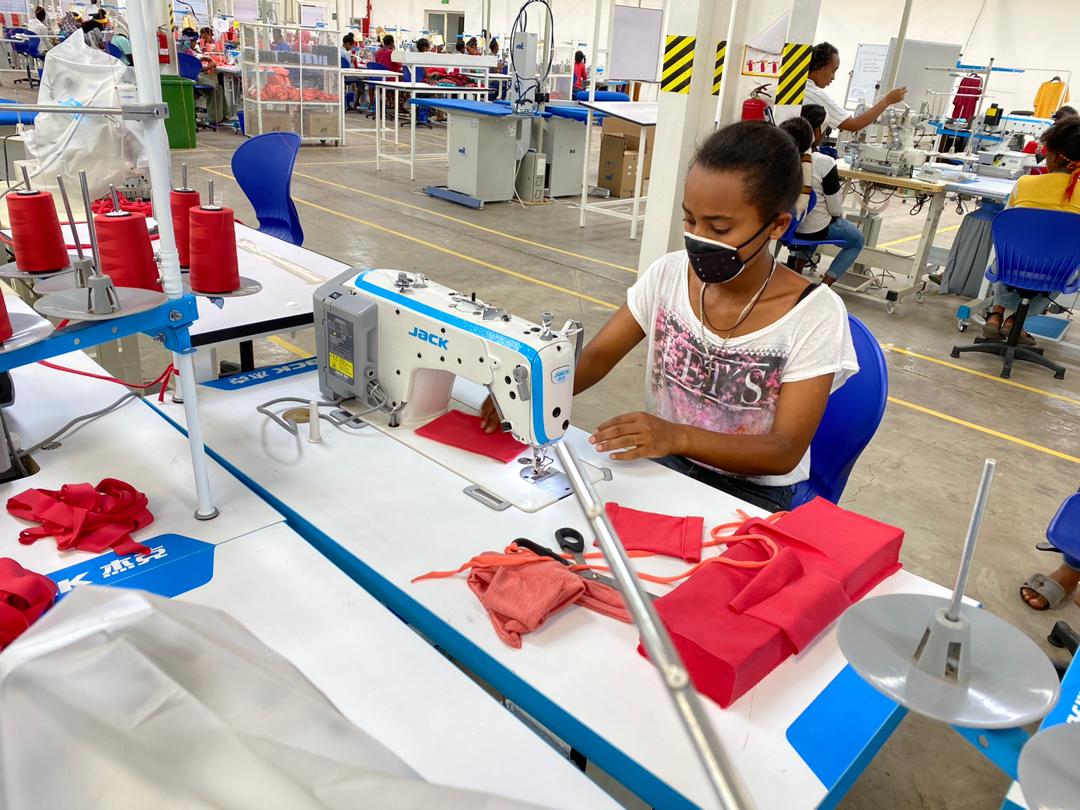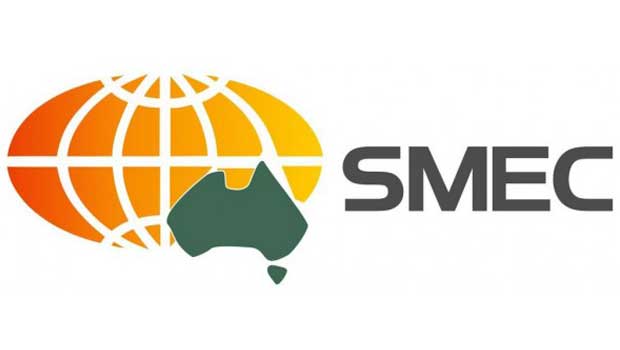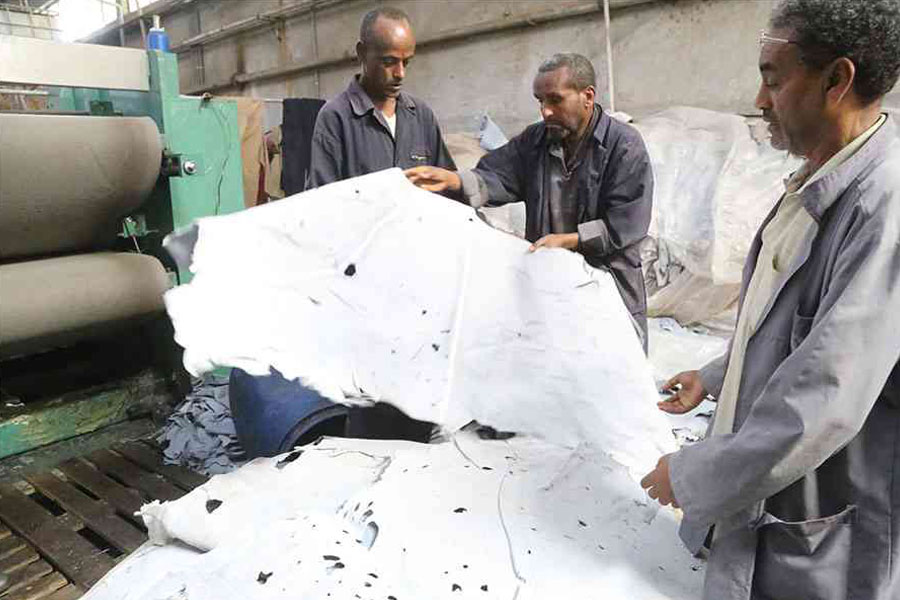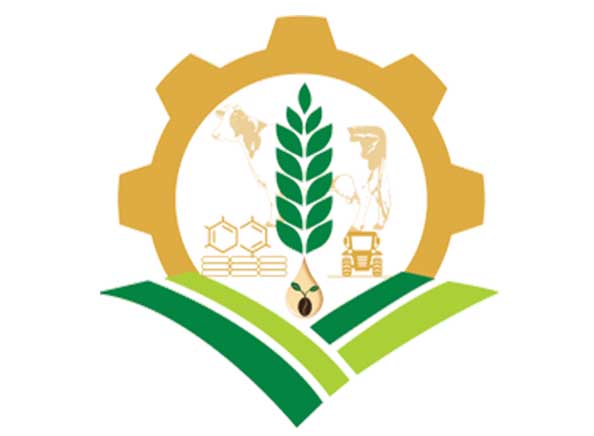
The first ever laboratory for producing microalgae seeds in Ethiopia is nearly ready to begin operations.
Run by the Ethiopian Biotechnology Institute, the microalgae research lab will produce food supplement products to fight against stunted growth in children.
It is a containerised laboratory that can be moved between multiple sites. The mobile lab has an air conditioner, a microscope, accessory materials and automatic backup generators among other features.
Built and equipped for eight million Birr, the laboratory is expected to start pilot production within six months. Upon being operational, it will be able to produce up to 100lt of inocula - an inoculation substance for cyanobacteria ingredient - at a time. This substance feeds algae ponds, which can produce 200tn of dry spirulina, a supplement and ingredient made from blue-green algae, a year.
The lab was designed to produce seeds of microalgae for large-scale mass culture. The lab also can be used as an isolation, training and quality control centre.
Supported by the Ministry of Innovation & Technology, it was conceived of by researchers at Addis Abeba University.
The main aim of launching the laboratory is to encourage the production of algae for food supplements, according to Kassahun Tesfaye, director-general at the Institute, which took a year to set up and finalise the laboratory.
“Dry spirulina can be used as a nutraceutical, pharmaceutical and food,” said Habte Jebessa, (PhD) an associate professor at Addis Abeba University and head researcher at the Institute.
The containerised microalgae laboratory, which was imported from Portugal, has been delayed by four months due to the global Novel Coronavirus (COVID-19) pandemic, according to Kassahun.
For the import and installation of the lab, the Institute hired MEP Engineering Plc, the eight-year-old electromechanical service provider, in April 2019.
Engaged in the supply and installation of electromechanical and medical equipment, MEP Engineering has executed the design, supply and installation of the entire lab, according to Dagim Girma, general manager of the company.
In the near future, the laboratory equipment can also be reproduced locally, according to Yilma Tadesse, technical manager at MEP Engineering Plc and assistant professor of mechanical engineering at Addis Abeba University.
The initiative to study microalgae began during the Derg regime but has only now been carried out, according to Habte.
Although many attempts have been made to conduct research in microbiological laboratories at various institutions and universities," said Kassahun, "it failed due to the unfavourable environment, and the general microbiology laboratory has not been able to meet the requirements the microalgae need."
Microalgae are used to provide nourishment to humans and animals. They prevent stunted growth, which is a largely irreversible result of chronic undernutrition that leads to weaker immune systems and diminished cognitive capacity.
In Ethiopia, about 35pc of children under five years age are suffering from chronic malnutrition, stunting or low height-for-age.
Stunting has a long term effect including diminished cognitive and physical development, reduced productive capacity, and poor health and increased risk of degenerative diseases such as diabetes.
The lab has importance in terms of contributing to mental development, according to Hailu Dadi, deputy director-general at the Institute.
"In this kind of research development," said Hailu, "the government’s support should be consistent."
In the long term, the Institute plans to produce child formula in Ethiopia, according to Habte.
Kaleab Baye, an associate professor at Addis Abeba University's Centre for Food Science & Nutrition, says that the lab can push the food science sector one step further.
Even though the rate of stunting is decreasing in prevalence, the number is still high, according to Kaleab.
Before launching production, Kaleab advised the Institute to conduct research that assesses the dosage and formulation of the plant to be used as nutrition and how to make it preferable to consumers.
In the future, producers and manufacturers of macroalgae products should consider the price to make it accessible, Kaleab recommended.
After the replication of the microalgae seeds, the Institute will work on substituting the import of nutritional products and to penetrate the export market, as well as by involving the private sector, since the country has a potential source of genetic microalgae, according to Kassahun.
PUBLISHED ON
Aug 01,2020 [ VOL
21 , NO
1057]

Fortune News | May 16,2020

Fortune News | Apr 12,2020

Radar | Jul 24,2021

Radar | May 23,2020

Radar | Jul 06,2025

Fortune News | Jan 18,2020

Fortune News | Aug 10,2019

Fortune News | Nov 10,2024

Fortune News | Aug 31,2019

Fortune News | Apr 15,2023

Dec 22 , 2024 . By TIZITA SHEWAFERAW
Charged with transforming colossal state-owned enterprises into modern and competitiv...

Aug 18 , 2024 . By AKSAH ITALO
Although predictable Yonas Zerihun's job in the ride-hailing service is not immune to...

Jul 28 , 2024 . By TIZITA SHEWAFERAW
Unhabitual, perhaps too many, Samuel Gebreyohannes, 38, used to occasionally enjoy a couple of beers at breakfast. However, he recently swit...

Jul 13 , 2024 . By AKSAH ITALO
Investors who rely on tractors, trucks, and field vehicles for commuting, transporting commodities, and f...

Jul 12 , 2025
Political leaders and their policy advisors often promise great leaps forward, yet th...

Jul 5 , 2025
Six years ago, Ethiopia was the darling of international liberal commentators. A year...

Jun 28 , 2025
Meseret Damtie, the assertive auditor general, has never been shy about naming names...

Jun 21 , 2025
A well-worn adage says, “Budget is not destiny, but it is direction.” Examining t...